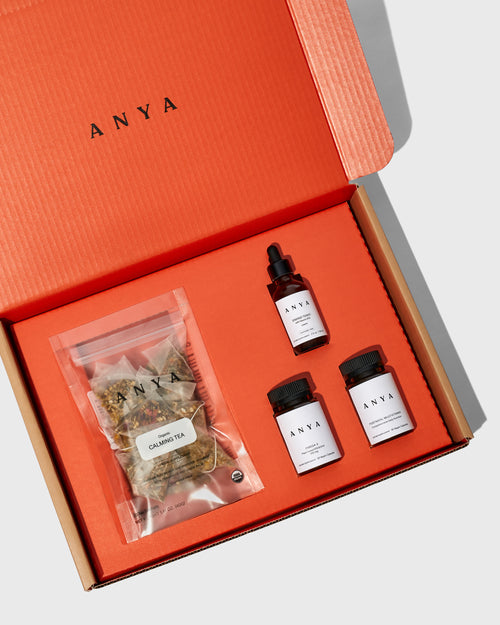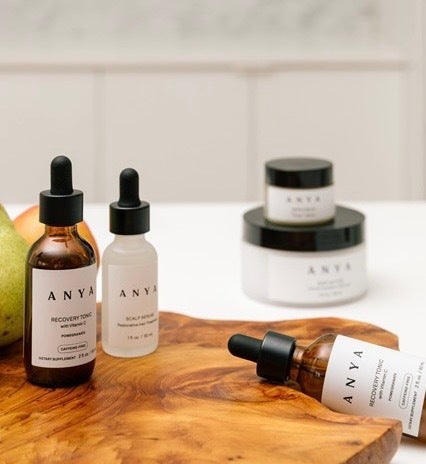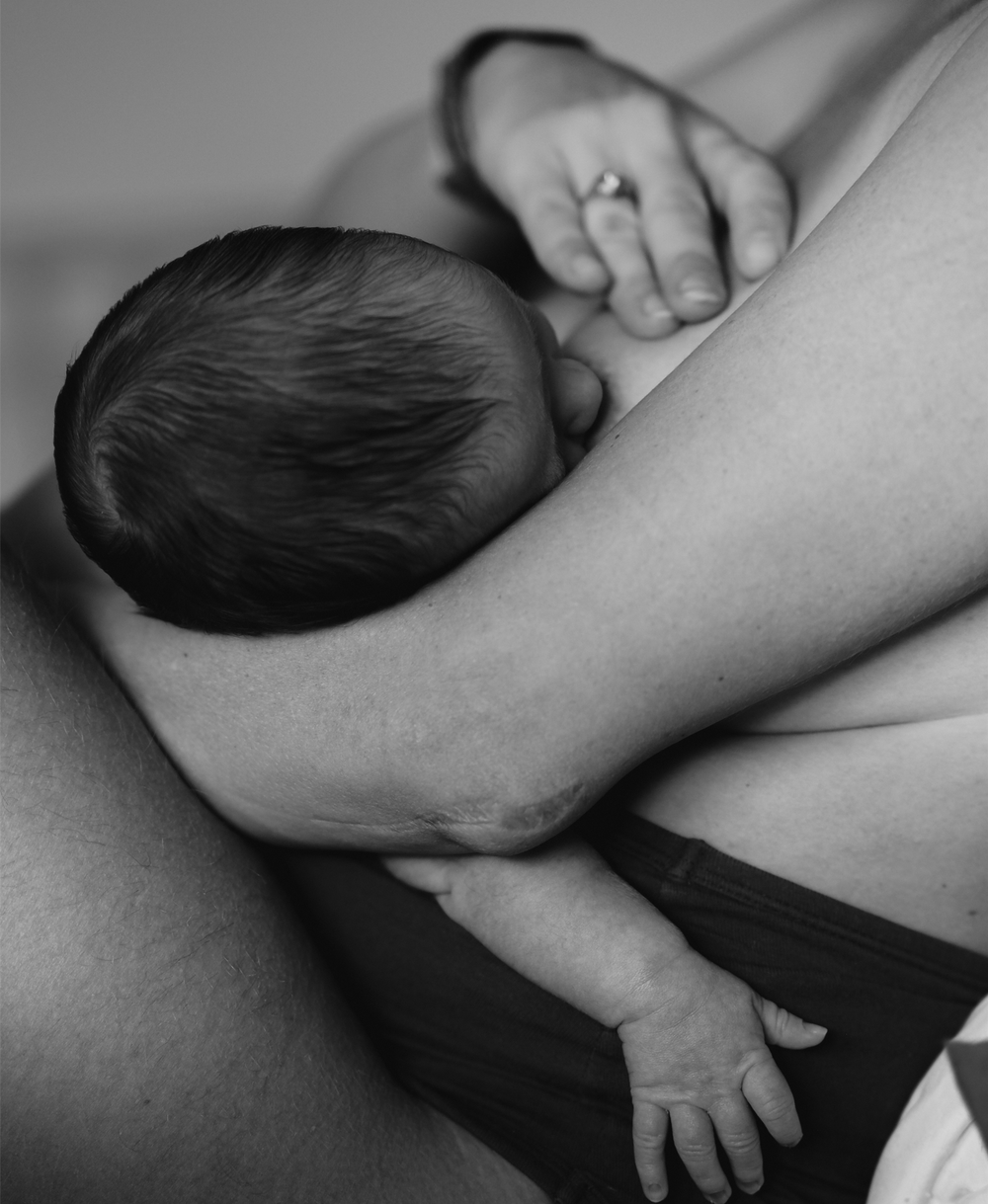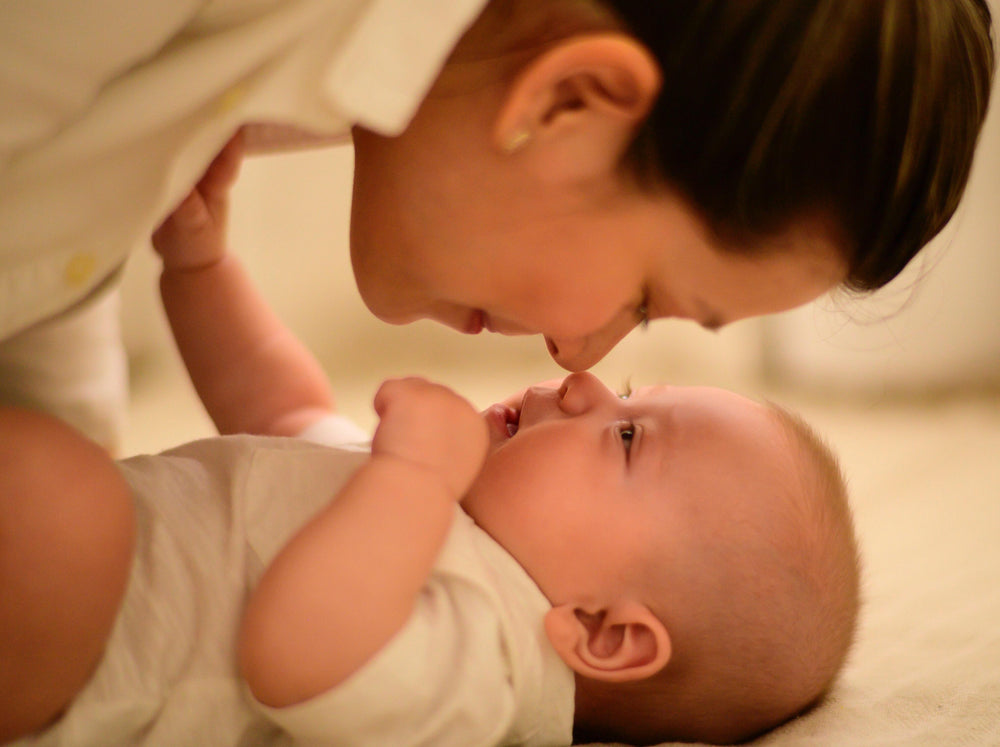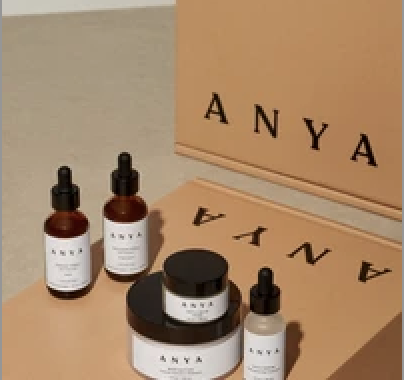If you are a breastfeeding mother, this is a question you will ask yourself a million times. There is a risk-benefit calculation to every choice we make, but when the decision impacts what we feed our baby, a seemingly simple question like “Can I have a Tylenol?” takes on a whole new significance. (And yes, you can, by the way.) We asked Dr. Kelsey Kossl, a board-certified ob-gyn in New York City, to shed light on what’s safe, what’s not, and what we just don’t know yet.
|
Is it safe to breastfeed if... |
What the doctor says |
The Longer Answer |
|
I have a cold? |
Yes |
Cold and flu viruses do not pass through breast milk. In fact, if you have the flu, your breast milk contains antibodies that protect your baby from catching the same bug. It is important to—as always—cover your mouth and nose when you cough or sneeze, wash your hands frequently, and disinfect surfaces to prevent spreading the illness. |
|
I take nonprescription sleep aids? |
Yes |
Most over-the-counter sleep aids, including Benadryl and Unisom, are safe for breastfeeding mothers. But it’s wise to minimize how much you take because small amounts pass into your breast milk—excessive or prolonged use could cause infant drowsiness. Alternatives, like exercise and good sleep hygiene, might be more effective and are definitely safe. While minimal use of melatonin is probably safe, there is limited data. |
|
I take prescription sleep aids? |
Ask your doctor |
If you take any prescription medication, it is important to consult your doctor before you breastfeed. Certain prescription sleep medications, such as Ambien, pass into breast milk, but data indicates it’s in low levels. |
|
I take medication for anxiety or depression? |
Ask your doctor |
It is important to consider the mother’s mental health, the safety data, and the benefits of breastfeeding. The SSRI class of antidepressants (such as Zoloft) is the best-researched, and studies show that those drugs pass into breast milk in low dosages and complications from infant exposure are rare. |
|
I take birth control? |
Yes |
All birth control methods are safe while breastfeeding, but anything containing estrogen (oral contraception, the patch, and the ring) is not recommended during the first weeks of breastfeeding because there is a small risk it can reduce your milk supply. |
|
I drink coffee? |
Yes |
Limit your caffeine intake to about 200 mg a day (the amount in two espressos or one cup of drip coffee or cold brew). Newborns and preterm infants may be more sensitive to the effects of caffeine. |
|
I drink alcohol? |
It depends |
An occasional alcoholic drink is fine. Wait at least two hours to breastfeed to reduce the level of alcohol in your breast milk. |
|
I get a seasonal flu shot? |
Yes |
In fact, the antibodies that you develop will be shared with your baby through your breast milk. |
|
I get the COVID-19 vaccine? |
Yes |
Recent studies have shown that infants born to vaccinated mothers also had COVID-19 antibodies and that the antibodies were present in breast milk. Of course, experts are still learning how COVID-19 and its antibodies work, but data suggests that vaccinated mothers may be passing their protection on to their babies. |
|
I use CBD (not THC)? |
No |
There is currently not enough research or data to know. |
|
I eat fish? |
Yes |
In general, fish is safe, but avoid fish that is especially high in heavy metals and mercury, such as tuna, shark, swordfish, mackerel, and tilefish. |
|
I eat processed food? |
Yes |
It’s important to maintain a healthy, well-balanced diet that’s rich in vegetables (especially leafy greens), lean protein, and healthy fats (from nuts and avocados) for myriad reasons, including maintaining your energy levels and helping the baby’s neurological system develop properly. Highly processed foods, which tend to be high in sodium and sugar, are not healthy, but there is no data to suggest that in small or moderate amounts they will cause damage to the baby. |
|
I get a Botox injection? |
No |
No data exists on the use of cosmetic Botox during breastfeeding. While the risk is presumed to be low, it is unknown. |
|
I use retinol? |
No |
Oral retinols (used to treat severe acne) have been shown to cause severe birth defects when used during pregnancy. While topical retinol creams likely have low absorption into a mother’s bloodstream, there is not enough data about its effects in breast milk. |
|
I exercise? |
Yes |
Moderate exercise is not only safe; it is highly recommended. |
|
I get a tattoo? |
No |
The risk of an infection potentially being introduced via the needle is small, but it’s not zero. It is safer to wait until you are no longer breastfeeding. |
|
I dye my hair? |
Yes |
In general, anything that is safe during pregnancy is safe during breastfeeding. |
|
I smoke marijuana? |
No |
Studies have shown that THC in the bloodstream is passed into breast milk. And any drug that will impair your judgment is dangerous to a newborn. |
|
I go the dentist? |
Yes |
Local anesthesia is safe. |
|
I am pregnant again? |
Yes |
Generally, breastfeeding while pregnant is safe. Let your doctor know if you plan to continue breastfeeding during pregnancy—he or she may advise weaning if you are in a high-risk group. |
|
I have flat or inverted nipples? |
Yes |
Talk to your doctor or midwife during your pregnancy or shortly after the birth if you have flat or inverted nipples. A consultation with a lactation specialist may be helpful. |
|
I am in remission from breast cancer or have been treated for breast cancer? |
Ask your doctor |
There is no evidence that breastfeeding after breast cancer treatment increases the rate of recurrence. Talk to your doctor to go over some important points. For example: Treatments such as surgery and radiation may make breastfeeding more difficult due to reduced milk production, pain, or difficulty latching. (A lactation expert can help.) If you are taking medications to treat or prevent a recurrence of breast cancer, talk to your doctor—some medications are not safe to take while breastfeeding. And be sure to schedule surveillance breast imaging while pregnant and breastfeeding. |
|
I have breast implants? |
Yes |
Some women who have had prior breast surgery including reduction and augmentation have higher rates of reduced milk supply or engorgement. Talk to your doctor about the signs of engorgement, how to manage it, and how to optimize your milk supply. |
|
I have pierced nipples? |
No |
Breastfeeding with nipple piercing jewelry in place is dangerous—it can interfere with latching and is a choking risk. Jewelry should be removed for the duration of breastfeeding. If you are experiencing any issues breastfeeding from a nipple that has been pierced in the past, talk to your doctor. |
|
I am a smoker? |
Yes |
Breastfeeding still has benefits over bottle feeding even if you are a smoker, but you should quit smoking because it places infants at higher risk for respiratory issues and sudden infant death syndrome (SIDS). If you smoke, smoke as far away from your infant as possible and avoid smoking prior to breastfeeding. Nicotine smoking cessation aids, like gum or patches, reduce smoke exposure but still contain nicotine and should be spaced from when you breastfeed to reduce the amount of nicotine in your breast milk. |
|
I had a C-section? |
Yes |
It is absolutely safe to breastfeed after a Cesarean. Ask for assistance with early skin-to-skin contact and finding a comfortable position to breastfeed in. Talk to your provider about a multimodal approach to pain management while you are recovering from a Cesarean delivery—this will decrease the amount of opioid pain medication used. But it is important to note that good pain control is the goal, as this will improve breastfeeding success. |
|
I am fasting? |
No |
We generally recommend avoiding fasting while you are pregnant or breastfeeding due to the energy demands. If fasting is important to you, talk to your doctor about safe strategies. |
Dr. Kelsey Kossl is an adviser to Anya.
